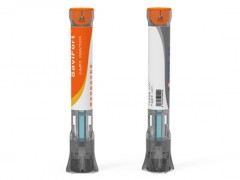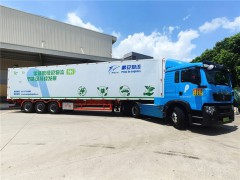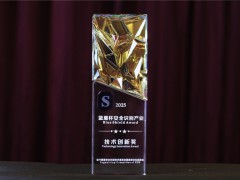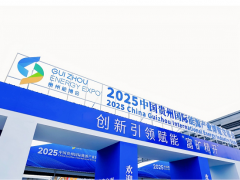據(jù)世界天然氣網(wǎng)7月19日消息 日本碳捕獲與再利用(CCR)研究小組的船舶碳回收工作組(WG)證實(shí),甲烷化技術(shù)產(chǎn)生的碳回收甲烷可以被認(rèn)定為零排放船舶燃料。
最新一期《日本海洋工程研究所學(xué)報(bào)》刊登了一篇技術(shù)論文,詳細(xì)介紹了工作組進(jìn)行的計(jì)算程序和評(píng)估。
甲烷化是一種合成甲烷的技術(shù),甲烷是天然氣的主要成分,通過在裝有催化劑的反應(yīng)器容器中引起氫氣和二氧化碳之間的化學(xué)反應(yīng),使用從工業(yè)設(shè)施中分離和捕獲的排放的二氧化碳。由于燃燒合成甲烷時(shí)產(chǎn)生的二氧化碳被分離和捕獲的二氧化碳抵消,預(yù)計(jì)通過使用電解水產(chǎn)生的氫氣和來(lái)自可再生能源的電力,可以顯著減少二氧化碳排放。
碳循環(huán)利用是捕獲和再利用排放的二氧化碳的過程,作為實(shí)現(xiàn)碳中和社會(huì)的途徑之一,其重要性日益凸顯。
為探討將甲烷化技術(shù)用于零排放船舶燃料的可行性,工作組在日本CCR研究小組內(nèi)成立,并于2020年7月開始研究。
吳恒磊 編譯自 世界天然氣
原文如下:
Study: Carbon recycled methane can be recognized as zero-emission ship fuel
Carbon recycled methane produced by methanation technology can be recognized as zero-emission ship fuel, the Ship Carbon Recycling Working Group (WG) of Japan’s Carbon Capture & Reuse (CCR) Study Group has /confirm/ied.
A technical paper describing the details of the calculation procedure and evaluation conducted by the WG has been published in the latest issue of the journal of the Japan Institute of Marine Engineering.
Specifically, methanation is a technology for synthesizing methane, the main component in natural gas, by causing a chemical reaction between hydrogen and CO2 in a reactor vessel filled with a catalyst. It uses emitted CO2 separated and captured from industrial facilities. As the CO2 generated when combusting synthesized methane is considered to be offset by the separated and captured CO2, it is expected that CO2 emissions can be significantly reduced by using hydrogen generated by electrolyzing water with electricity derived from renewable energy.
Carbon recycling, which is the process of capturing and reusing emitted CO2, is becoming increasingly important as one of the pathways to realize a carbon-neutral society.
To explore the feasibility of the concept of utilizing methanation technology for zero-emission ship fuels, the WG was formed within Japan’s CCR Study Group, and started its activity in July 2020.
免責(zé)聲明:本網(wǎng)轉(zhuǎn)載自其它媒體的文章,目的在于弘揚(yáng)石化精神,傳遞更多石化信息,并不代表本網(wǎng)贊同其觀點(diǎn)和對(duì)其真實(shí)性負(fù)責(zé),在此我們謹(jǐn)向原作者和原媒體致以敬意。如果您認(rèn)為本站文章侵犯了您的版權(quán),請(qǐng)與我們聯(lián)系,我們將第一時(shí)間刪除。







